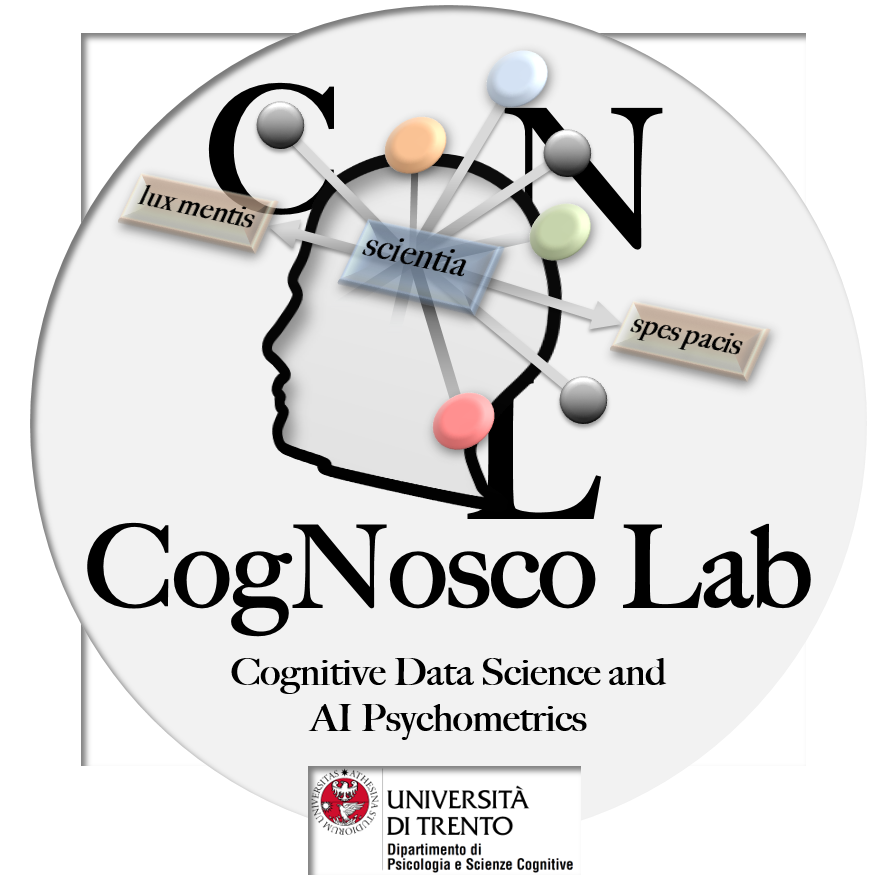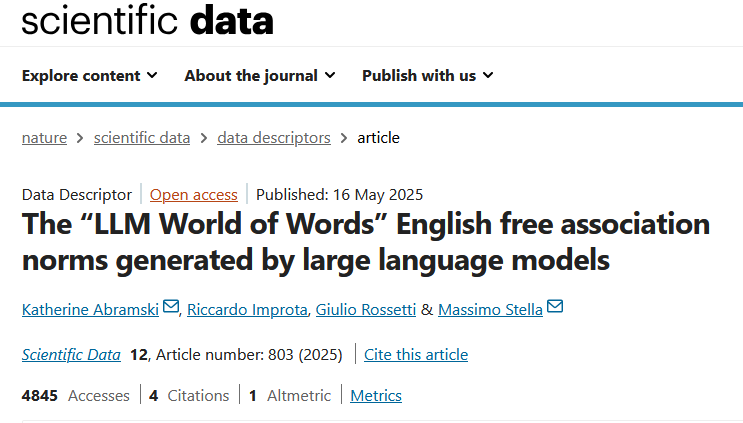CogNosco Lab develops quantitative frameworks for understanding psychological data and cognitive phenomena.

Our ideas, models and data insights are powered by:
Cognitive Network Science
Cognitive networks are distributed models of conceptual knowledge representing how concepts, ideas and words are linked with each other.
Our research aims to determine how this multilayer network structure influences language acquisition, use and decline. We also develop forma mentis networks as tools for performing natural language processing in interpretable ways. Importantly, the network paradigm provides unprecedented interpretability to user- and group-level data.
Areas of application:
Predicting early language learning
Understanding language pathologies
Creativity and multilayer networks
Machine Psychology
Artificial Intelligence (AI) is a quickly rising field at the interface of cognitive science and computer science. AI Psychometrics adopts AI for detecting the presence of psychological constructs in situations where standard psychometric scales could not be administered, e.g. in social media texts, suicide letters or when simply recalling emotional states.
We also strive to build machine psychology models assessing bias in large language models like OpenAI’s ChatGPT, and others.
Areas of application:
Stance detection in social media
Semantic frames and the gender gap
Key perceptions of STEM subjects
AI Psychometrics
Psychometrics deals with measuring psychological constructs and phenomena with quantitative data accounting for uncertainty, variability and noise. AI can greatly enhance psychometrics
In our research, we develop network-based AI psychometric models for determining personality traits like Openness-to-Experience, or emotional distress levels like anxiety, depression and stress, or facets of cognition like creativity levels starting from fluency data.
Areas of application:
Knowledge modelling
Cognitive hypergraphs
Feature-rich multiplex networks
.
Our Team at CogNosco Lab
Our motto “scientia lux mentis spesque pacis” and our name both indicate that we strive for our lab to work as a team and as a positive research environment, forging ideas that can help us better understand the mind, human behaviour and artificial intelligences interacting with our world.
.
However, for science and knowledge to enlighten the mind and bring peace there is a need to embrace complexity and approach research from multiple perspectives. This is why we work on cognitition and machine psychology while combining multiple backgrounds and types of expertise.
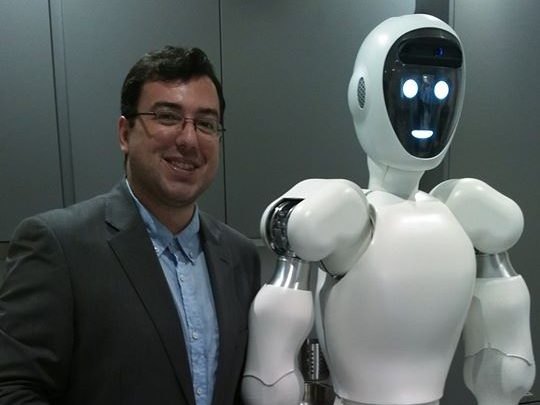
Massimo Stella PhD
Assoc. Prof. - Lab Director
My research focuses on cognitive networks, AI psychometrics and knowledge modelling. My research aims to develop cognitive models centered around the complexity of the mind.

Alexis Carrillo Ramirez
PostDoc in AI and LLMs
My research interests are related to psychometrics and machine learning, inparticular large language models and data science applications.
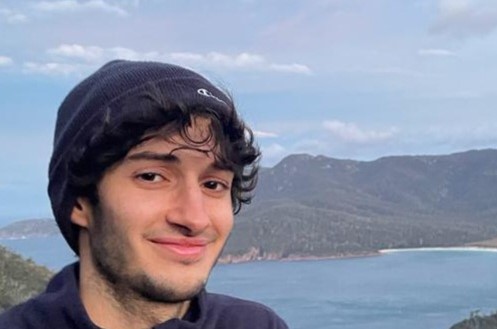
Edoardo Sebastiano De Duro
PhD Candidate in Cognitive Science
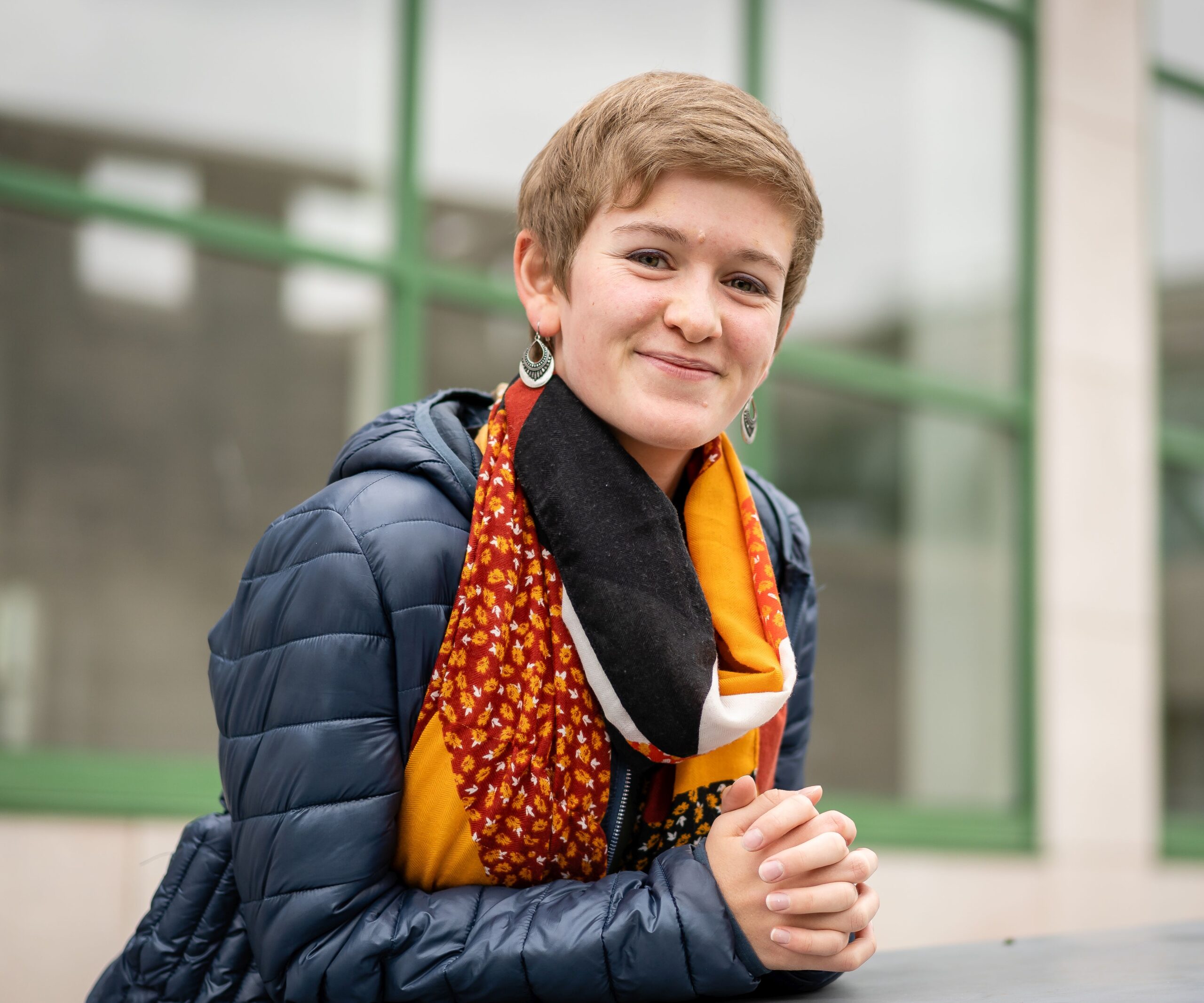
Edith Haim
PhD Candidate in Cognitive Science
My research interests are in creativity, semantic network modelling and psycholinguistics.
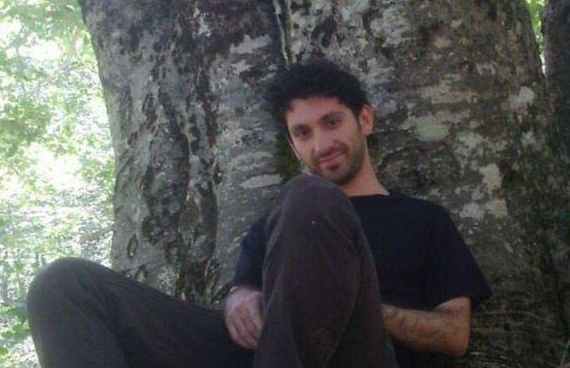
Salvatore Citraro
PostDoc in AI and LLMs
As a computer scientist, my research interests are in natural language processing, cognitive science and Artificial Intelligence, with a focus on LLMs, burstiness and complex networks.
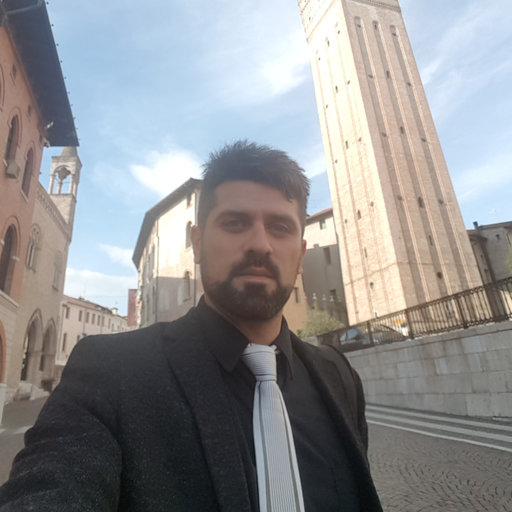
Navid Ali Aghazadeh Ardebili
PostDoc in Data Engineering
My research interests focus on data management and engineering, with emphasis on AI and decision making. I am experienced in R&D consulting.

Emma Franchino
Research Assistant in Psychology
My research interests concern various aspects of psychology explored through data science, as well as cognitive science and neuroscience, with a particular focus on psycholinguistics.

Francesco Gariboldi
Research Fellow in Data Science
My research interest is in cognitive science and data analysis for psychometrics.
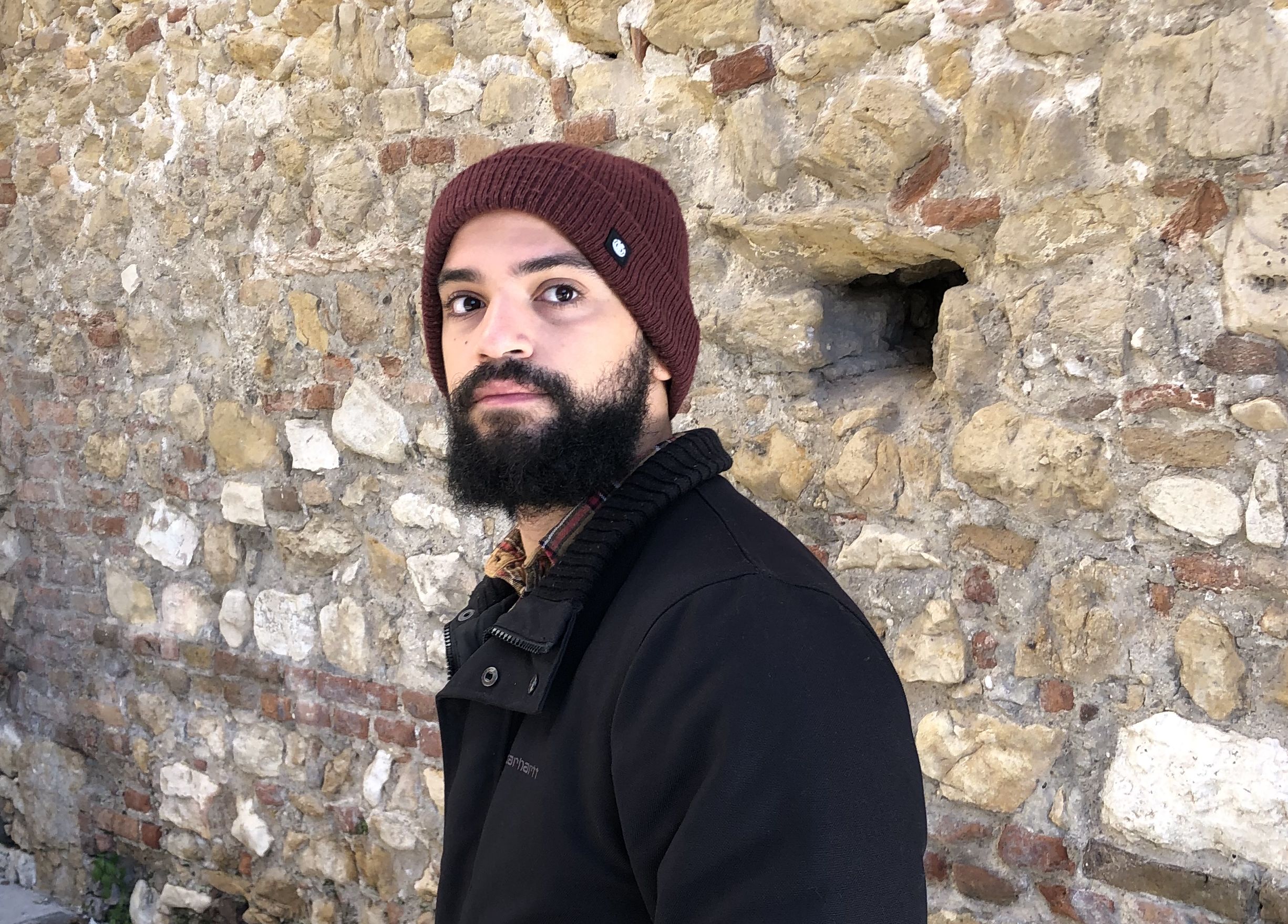
Enrique Taietta
Web Developer

Sebastiano Franchini
MSc Student in Cognitive Science
My research interests are in using LLMs for text analysis and summarisation. After my internship at CogNosco and Prof. Stella’s AI consulting, I now also work at CEDAT85 in Rome.

Roberto Passaro
MSc Student in Cognitive Science

Katherine Abramski
Visiting PhD Student in AI for Society
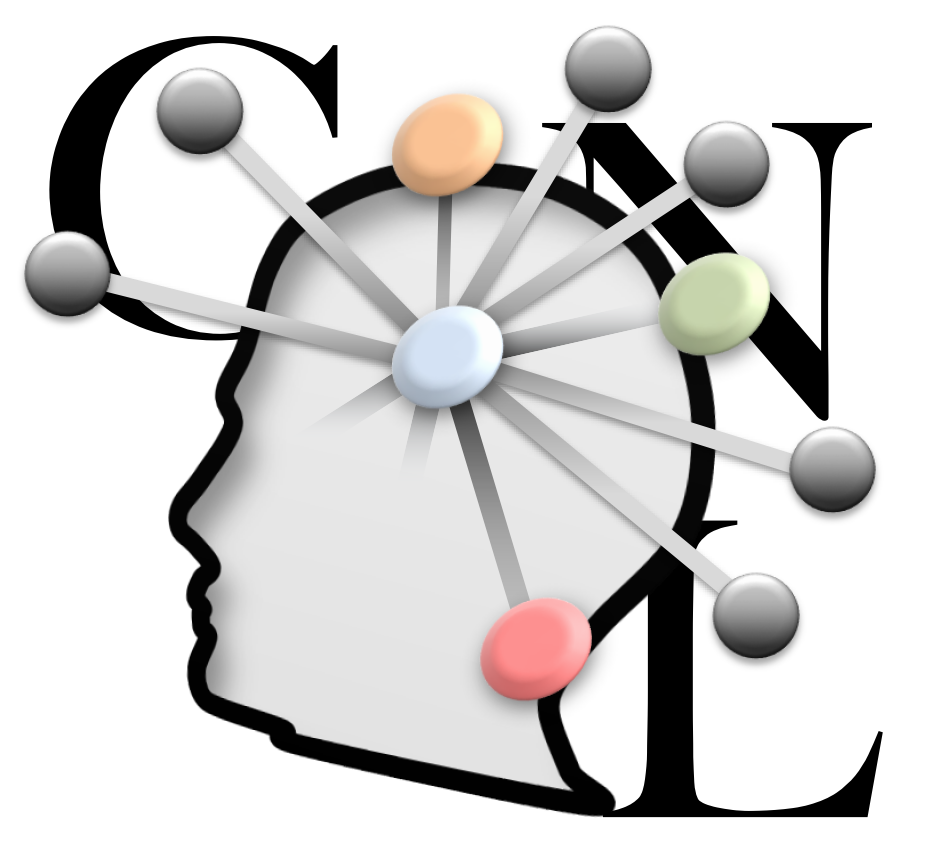
We are looking for a:
Postdoc in Data Science
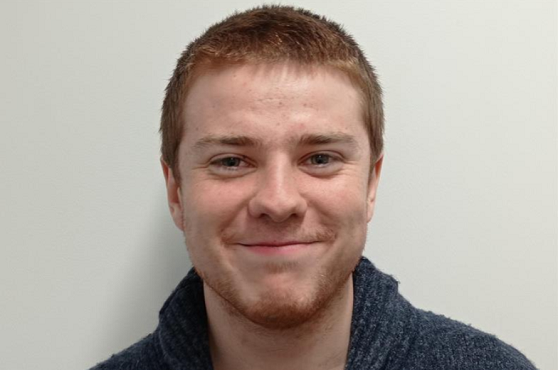
Owen Saunders
Visiting PhD Student in Computer Science
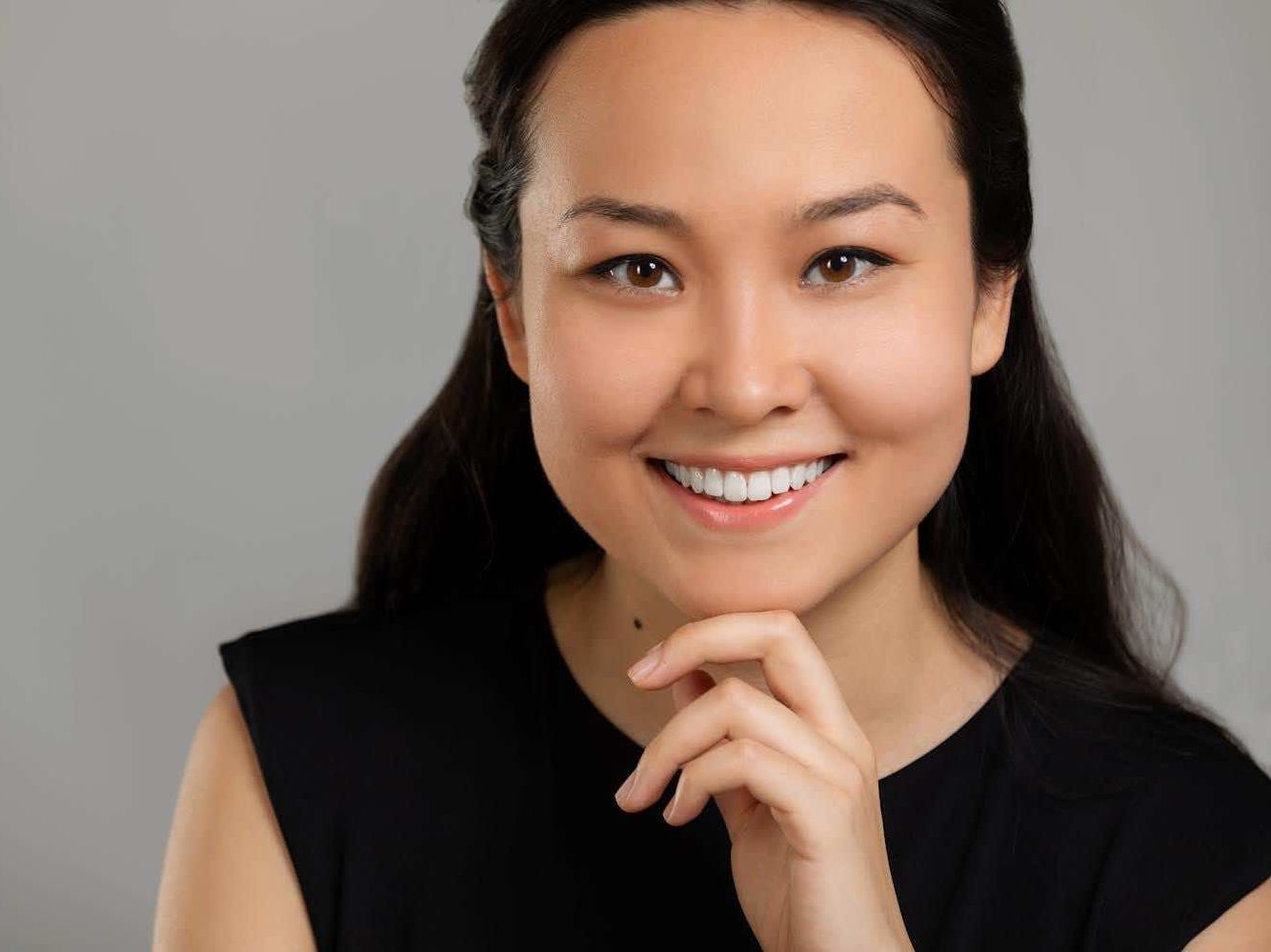
Kayina Abudurexiti
PhD in Psychology
My research interest is in psychometrics and positive psychology. I work with Prof. Laura Franchin (Baby Lab, DIPSCO) and Prof. Stella.
Visiting Young Researchers:
Thales Nascimento Aparecido @ FAPESPI
Salvatore Citraro, Researcher @ CNR
Arnaldo Santoro, PhD Candidate @ UniCaFoscari
Alessandro Scarano @ DIPSCO
Past Lab Members:
Asra Fatima (Now Data Scientist @ CitiBank); Simmi Marina Joseph (Now Data Scientist @ SWW); Martyna Wozniak; Brian Kieran; Oliver Baker, Jude Warner-Willich; Harry Wang; James Butler; Finley Gibson (Research Fellow at IDSAI, University of Exeter); Filippo Stanghellini; Luciana Ciringione (Now Psychotherapist).
Collabs with UniTN Faculty:
National and International Collabs:
Prof. Giulio Rossetti
Senior Researcher and Lead of the Network Science group at KDD Lab.
Prof. Michael Vitevitch
Director of the Spoken Language Lab, Department of Psychology, University of Kansas, USA.
Prof. Yoed N. Kenett
Director of the Cognitive Complexity Lab, Technion, Israel.
Prof. Fabiana Zollo
Director of the Data Science for Society Lab.
Prof. Giuseppe A. Veltri
Full Professor @ National University of Singapore
.
Research from CogNosco Lab
Our Innovative Datasets in Artificial Intelligence:
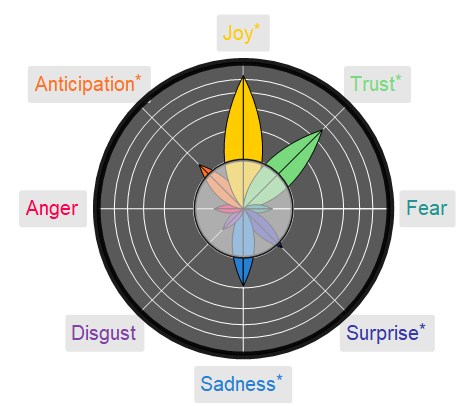


SELECTED PUBLICATIONS
- Haim, E., Fischer, N., Citraro, S. et al. Forma mentis networks predict creativity ratings of short texts via interpretable artificial intelligence in human and AI-simulated raters. J Comput Soc Sc 9, 22 (2026). [Read paper here]
-
De Duro, E. S., Franchino, E., Improta, R., Veltri, G. A., & Stella, M. (2025). Cognitive networks identify AI biases on societal issues in Large Language Models. EPJ Data Science. [Read paper here].
-
Abramski, K., Improta, R., Rossetti, G., & Stella, M. (2025). The “LLM World of Words” English free association norms generated by large language models. Scientific data, 12(1), 803. [Read paper here].
- Stella, M., Citraro, S., Rossetti, G., Marinazzo, D., Kenett, Y. N., & Vitevitch, M. S. (2024). Cognitive modelling of concepts in the mental lexicon with multilayer networks: Insights, advancements, and future challenges. Psychonomic Bulletin & Review, 1-24. [Read paper here].
- Citraro, S., Warner-Willich, J., Battiston, F., Siew, C. S., Rossetti, G., & Stella, M. (2023). Hypergraph models of the mental lexicon capture greater information than pairwise networks for predicting language learning. New Ideas in Psychology, 71, 101034. [Read paper here].
- Samuel, G., Stella, M., Beaty, R. E., & Kenett, Y. N. (2023). Predicting openness to experience via a multiplex cognitive network approach. Journal of Research in Personality, 104, 104369. [Read paper here].
- Fatima, A., Li, Y., Hills, T. T., & Stella, M. (2021). DASentimental: Detecting Depression, Anxiety, and Stress in Texts via Emotional Recall, Cognitive Networks, and Machine Learning. Big Data and Cognitive Computing, 5(4), 77.
- Teixeira, A. S., Talaga, S., Swanson, T. J., & Stella, M. (2021). Revealing semantic and emotional structure of suicide notes with cognitive network science. Scientific Reports, 11(1), 1-15.
- Stella, M. (2020). Text-mining forma mentis networks reconstruct public perception of the STEM gender gap in social media. PeerJ Computer Science, 6, e295.
- Stella, M., & Zaytseva, A. (2020). Forma mentis networks map how nursing and engineering students enhance their mindsets about innovation and health during professional growth. PeerJ Computer Science, 6, e255.
- Stella, M., De Nigris, S., Aloric, A., & Siew, C. S. (2019). Forma mentis networks quantify crucial differences in STEM perception between students and experts. PloS one, 14(10), e0222870.
Our Innovative Software Libraries in Data Science and NLP:


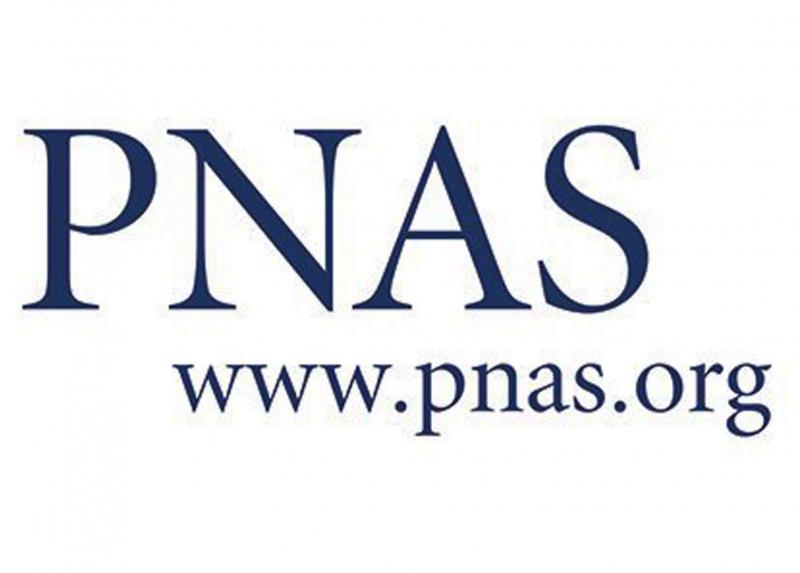


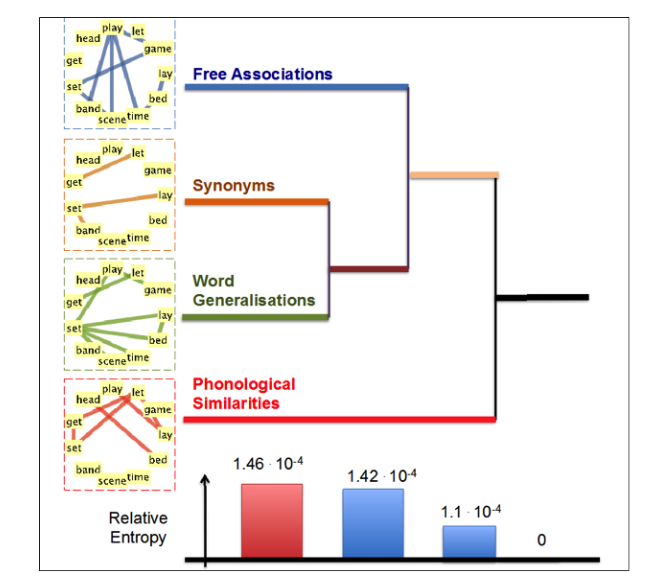
PAST PUBLICATIONS FROM OTHER LABS THAT GUIDE OUR FUTURE RESEARCH

.
Join us at CogNosco Lab, University of Trento, Italy
CogNosco is Latin for “I know”, a name that fits our scope on cognitive data science and mathematical psychology.
Why the capital letter in Nosco? Because it also means “with us”, a reminder that we are keen on growing and exploring cognitive data science together with prospective MSc students, PhD candidates, postdocs and collaborators.
Please get in touch for any potential exciting collaboration.
We are physically hosted in a whole room just for us: Room C101, First Floor, Centrale, Palazzo Fedrigotti, Rovereto, Italy. We have a nice room for lab meetings with desks and IT equipment, including a dedicated desktop machine for running intensive numerical simulations and data analyses. Our room includes also a small library with books about mathematical psychology, discrete maths and network science. Come say “hi” if you are curious!
BSc and MSc students can join us for supervision and internships. Both Directors have available positions for internships for the academic year 2023/2024. Please get in touch with us if interested. We accept also interns from the Data Science MSc programme (Prof. Stella is the DIPSCO delegate for this interdepartmental programme, send him any inquiry).
For prospective PhD students, you might want to check the PhD programme in Cognitive Science at the University of Trento, an innovative training in academic research and analysis of psychological phenomena. The PhD programme runs yearly and it requires a research programme, please get in touch if interested! Another opportunity for joining the lab is through PhD co-supervisions, which are becoming increasingly common in academia. Please check the national programme for Artificial Intelligence which runs yearly and provides several full fellowships on topics like cognitive data science, among others. In any case, please get in touch with us with a brief CV and a short research proposal.

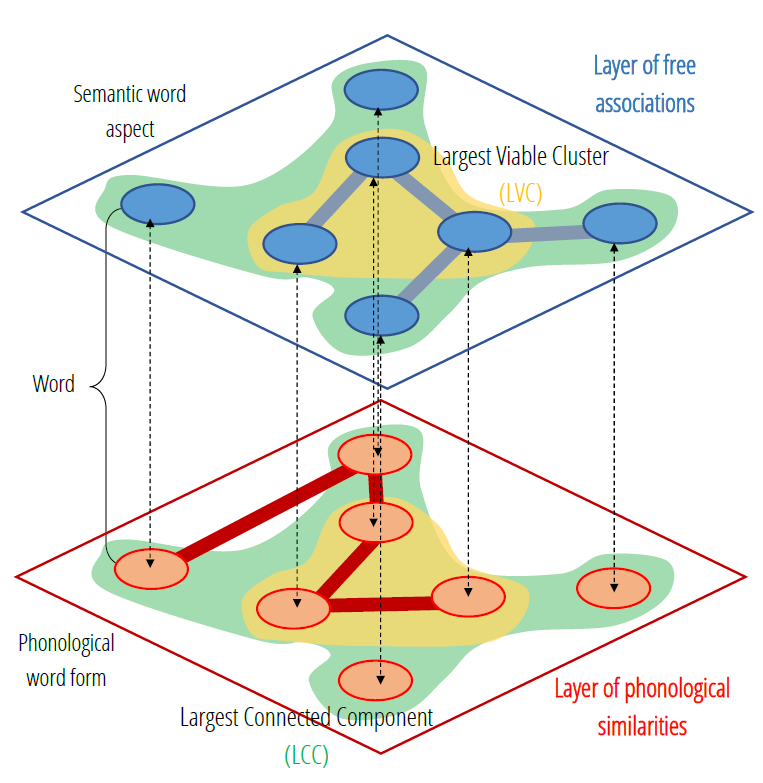
For postdocs, Marie Curie Fellowships are a great way of securing a good position in a vibrant research lab. We also have openings for assegni di ricerca (research fellowships) which can be checked here.
For visiting scholars, DIPSCO runs an internal track for inviting outstanding international researchers. Please get in touch if interested in applying and knowing more.
For early career researchers, please check these opportunities:
– Young Researchers on Complex Systems Bridge Grants – Small funding for national and international research visits.
More vacancies might open in the future and will be advertised here on this page.
Discover what we do at CogNosco Lab:
.
News and Lab Outputs:
January 2026: The lab is growing! Welcome to new postdocs Salvatore Citraro and Navid Ali Aghazadeh Ardebili, who will both work on PENSO for quantifying LLMs’ bias via complex networks, machine learning and cognitive science. We expect 3 more people to join the lab during 2026 for the FIS2 project.
October 2025: FIS2′ PENSO has started! Prof. Stella is starting the project with the selection of young researchers and the design of the research infrastructure for simulating LLMs.
August 2025: Keynote went well! Prof. Stella was invited to join a professor-only workshop in Hannover, Germany, organised by Professors Selina Weiss, Roger Beaty and Mathias Benedek. The scoping workshop on Creativity Assessment saw the participation of over 30 professors from all over the world, with AI and LLMs being a key focus. Prof. Stella delivered a small keynote on how to quantify creativity in texts with forma mentis networks.
June 2025: Keynote went well! Prof. Stella joined the TABU DAG 2025 Conference on linguistics and society at the University of Groeningen for a keynote on natural language processing. The audience was very interested in the topic and the organisation was excellent!
December 2024: Grant won! Prof. Stella won 1.3 million EUR as PI of PENSO from the Fondo Italiano per la Scienza (FIS2). The project will start in March 2025 and last for 3 years. As the only PI of the Project, Prof. Stella will assemble and lead a team of researchers all working on if and how LLMs can convince, support and teach humans, creating novel datasets and cognitive networks methods.
August 2024: Grant won! Professor Lattanzi (Physics) and Stella (DIPSCO) won the Caritro Bando Umanistico for 50k EUR with a project called RASSERENO. For 2 years, CogNosco Lab and Physics will collaborate to investigate distorted mindsets (with forma mentis networks) in University students, offering consulting opportunities on the way.
July 2024: Grant won! Prof. Stella won the Fondazione VRT Contest in Artificial Intelligence for 30k EUR. This competitive grant will buy 2 servers for granting DIPSCO the opportunity to mine and interact with Large Language Models within a project called CALCOLO. We expect for everything to be working and tested in February 2025.
December 2023: Grant won! Prof. Stella won the Bando di Eccellenza di Ateneo for 100k EUR. Via this competitive grant, Professors Stella and Veltri will investigate if and how Large Language Models can convince individuals while combining behavioural and implicit psychometric measures. Plenty of cognitive network science will power this 2yrs project called COGNOSCO.
August 2023: New paper out published on Physica A and let by ex lab member Kieran Brian. In the paper we introduce “mindset streams” as generalisations of semantic frames for detecting patterns of conflict in associating concepts via memory recalls. Read the paper here:
May 2023: New paper published in Big Data and Cognitive Computing, led by Katherine Abramsky, about how ChatGPT models – GPT 3, 3.5 and 4 – display stereotypical associations about math anxiety like high school students’. Read the paper here.
May 2023: New paper out in New Ideas in Psychology led by our lab member Judy Warner-Willich about cognitive hypergraph networks predicting early language acquisition considerably better than pairwise networks.
https://www.sciencedirect.com/science/article/abs/pii/S0732118X23000272
February 2023: CompCog 23 – Complexity and Cognition was a success! This year’s edition was sponsored by DIPSCO and it had 40 researchers from all over the world discussing latest advancements in modelling psychological phenomena and linguistic data.
January 2023: New paper out on Nature Scientific Reports about feature-rich multiplex lexical networks, led by Salvatore Citraro, and in collaboration with Giulio Rossetti of KDD Lab, CNR (Salvatore’s main supervisor), Mike Vitevitch and myself.
January 2023: Happy New Year! CogNosco Lab moves from the Computer Science Department, Uni of Exeter (UK), to the Department for Psychology and Cognitive Science, UniTrento, Italy.
September 2022: New paper out led by lab member Stefan Claus on applying cognitive network science and natural language processing to UK insurance transcripts, published on Future Internet. Read the paper here.
September 2022: New library out! Together with Alfonso Semeraro, Salvatore Vilella, Saif Mohammad and Giancarlo Ruffo we released EmoAtlas (GitHub link: https://github.com/alfonsosemeraro/emoatlas) a tool for extracting emotions and forma mentis networks from text. Give it a try!
August 2022: New paper out on the emotions of COVID-19 reliable and unreliable news media:
https://www.nature.com/articles/s41598-022-18472-6
July 2022: Our lab member Kieran Brian presents his research results about conflict in “math” and “fun” perceptions at NetSciEd 2022 with a contributed talk. Well done!
June 2022: Thanks to an EPSRC Turing-Exeter Award, Finley Gibson joins the lab for working on forma mentis networks, in collaboration with Sarah Morgan, University of Cambridge.
May 2023: What feelings do people express in mental health subreddits about schizophrenia and other clinical conditions? New paper published on Physica A: https://doi.org/10.1016/j.physa.2022.128336
April 2022: Our younger lab members Kieran Brian and Oliver Baker, both BSc students in Data Science, had 2 posters accepted for presentation at https://htw2022.stemm.ai ! Well done!
November 2021: New pre-print co-led by our student Simmi Marina Joseph together with Salvatore Citraro, Virginia Morini and Giulio Rossetti of KDD Lab, CNR, Italy and University of Pisa:
October 2021: New pre-print led by our student Asra Fatima, in collaboration with Ying Li and Thomas T. Hills:
https://arxiv.org/abs/2110.13710
September 2021: New paper out on Scientific Reports, in collaboration with Andreia Sofia Teixeira, Szymon Talaga and Trevor J Swanson:
September 2021: Our lab members Asra Fatima, Simmi Marina Joseph and Martyna Wozniak had 3 abstracts accepted for presentation at CompCog21, satellite of CCS2021!
May 2021: Oral presentation accepted at Networks 2021, a joint Sunbelt and Netsci conference.
May 2021: Prof. Yoed N. Kenett (Technion, Israel) visited our lab by giving an invited lecture about cognitive network science.
March 2021: A new pre-print out: Cognitive network science investigating emotional perceptions of COVID-19 vaccines on social media. ArXiv version here.
December 2020: We are live, hello world!

